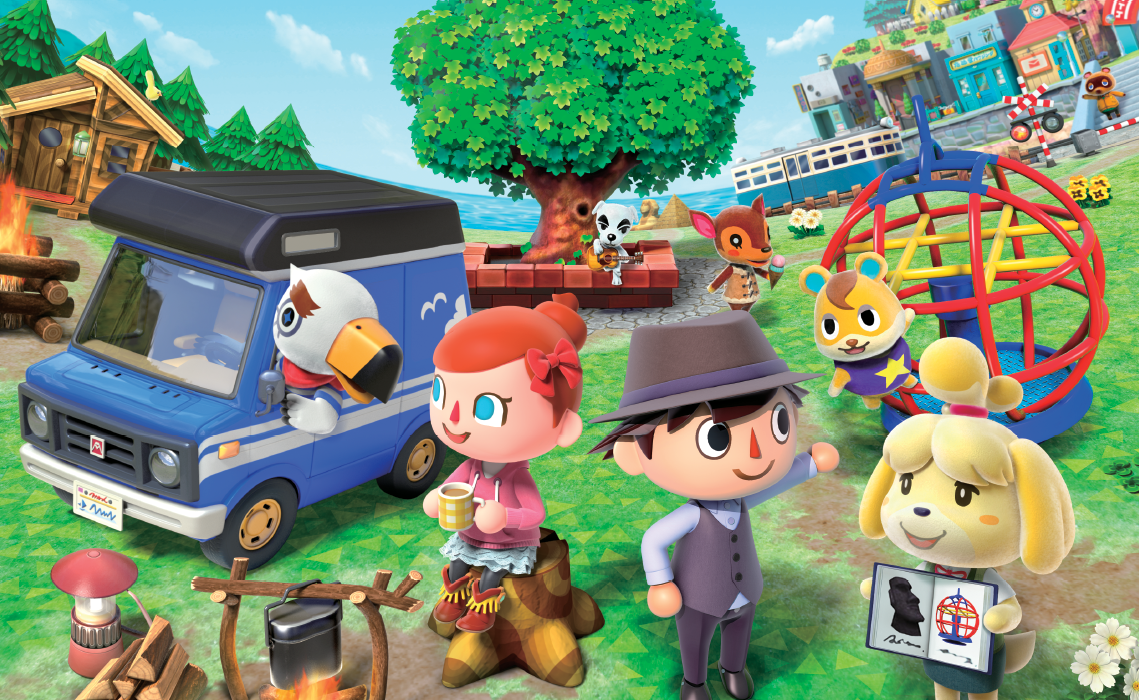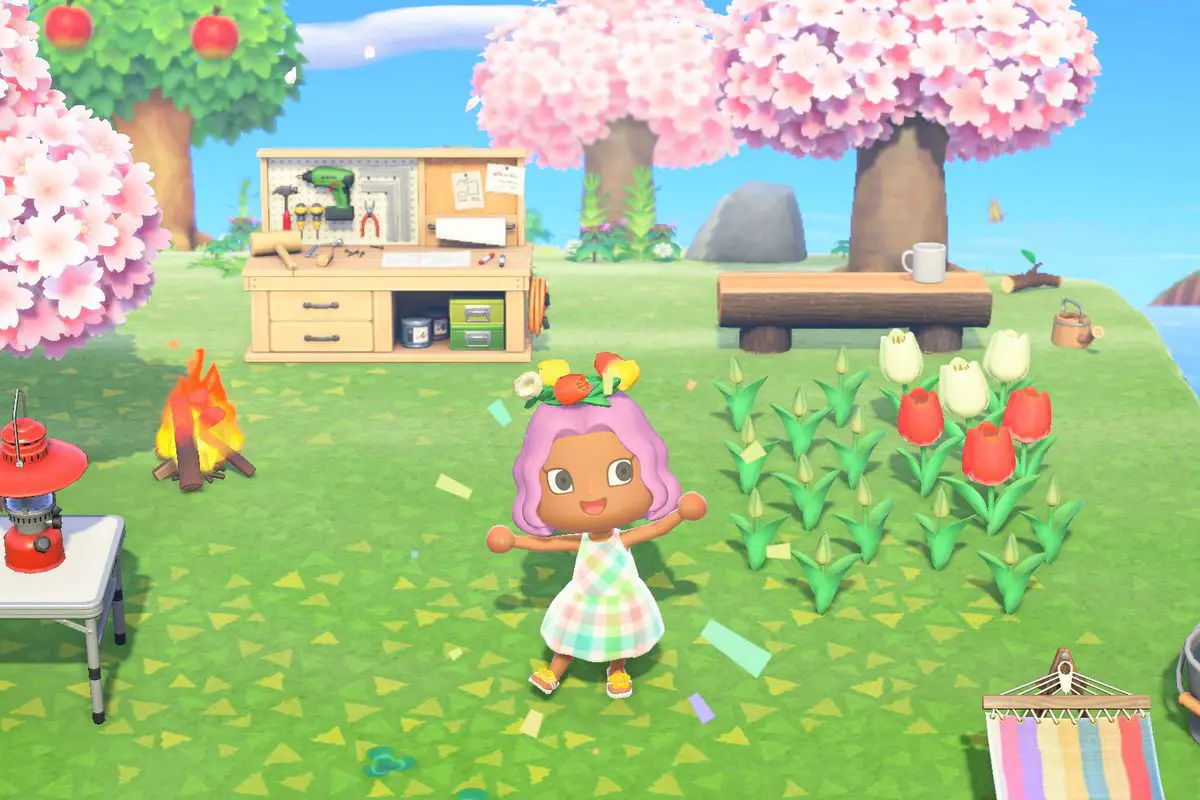The tremendous burden of overwhelming student debt continues to plague millennials throughout the country, severely hindering the chances for recent graduates to attain a comfortable and sustainable independent living situation under the crippling, overarching umbrella of financial anxiety.
With college tuition prices continuing to drastically escalate, the cost of living beyond university life has become noticeably more strenuous after student loan reimbursement is added to the mix. This has forced many young adults to move back home following graduation in a desperate attempt to save money and annually diminish their debt in a timely manner, while accruing enough in savings to live comfortably in the distant future. In essence, thriving independence is sacrificed for dependent survival.
This is a particularly concerning trend for people in their early twenties considering the prime of their youth is being squandered worrying about monetary scarcity when it could be more ideally spent exploring the world, taking occupational risks and more optimally saving or spending money for personal fulfillment. For this infamous hurdle, there is no immediate solution for individuals opting to pursue a college education, which can understandably induce paralyzing anxiety for college students who possess dubious yet realistic long-term expectations for their future after obtaining their costly degree. The real world can be scary, but student debt amplifies that fear to a state of recurring panic.
For those seeking temporary escapism from this onslaught of perpetual anxiety, most would say Nintendo’s life simulation video game “Animal Crossing” wouldn’t present a suitable artifact for doing so, at least conceptually. In theory, gameplay centered around balancing a mortgage, paying off debt and awkwardly socializing with quirky neighbors couldn’t possibly constitute an immersive, engrossing escape from reality; if players want that, they need only step outside. For a medium that prides itself on prioritizing fun, emulating mundane daily life seems counterproductive for generating intrigue, an odd prospect for an industry that revels in grand fantasy adventures, haunting science fiction and action thrillers laced with adrenaline.
However, though it cannot singlehandedly allow players to scale life’s most intimidating obstacles (no form of escapism truly can), “Animal Crossing” strikes an intoxicating blend of calming leisure and gradual discovery, filling an invaluable niche by thriving on routine and transforming the overarching hardships of reality into activities that effectively reduce stress. For college students struggling with the prospect of debt in particular, this humble life simulation game presents an alternate world in which players have agency over loans, including bad credit loans, rather than being crippled and inhibited by them, temporarily decreasing anxiety by providing a small slice of logical, satisfying financial progression.

From its opening hours, “Animal Crossing” establishes a peaceful, relaxing atmosphere that can disintegrate the pessimism away from even the most cynical of players, a quaint society in which empathetic kindness and carefree leisure take precedence over stress and fatigue. After moving into a small town populated with charismatic, anthropomorphic animal neighbors, the humanoid player character sets about attempting to earn “bells,” the in-game currency, while improving the town’s structure by doing myriad tasks, none of them mandatory yet all of them intriguing and stress reducing.
From this point, the player can opt to spend this money on a bigger house, new clothing and furniture to experiment with interior design or public works projects, such as bridges and benches, to improve the town’s visual flair and functionality. There is never a strict overarching goal presented to force the player into hierarchically organizing their actions, meaning individuals can set their own unique pace without the pressure of urgent deadlines while choosing to indulge in the activities that they prefer, whether they’re making money, decorating their house or simply chatting with the locals.
The only exception to this freedom is the daily cycle upon which the game operates. As “Animal Crossing” functions in real time, the town is slightly altered ever twenty-four hours with new inventory in the local clothing and furniture stores, additional dialogue with villagers and blossoming or wilting flowers and trees, all of which the player is encouraged to monitor. This naturally lends the game to play sessions of short bursts every day for an entire calendar year rather than marathon playthroughs over a single weekend, and, in this way, its mundane actions can help provide a source of comforting stability to those facing daunting anxiety in a turbulent, breakneck world.
The activities in “Animal Crossing” are mundane and repetitive, comparable to chores, but the daily routine they encourage provides players something familiar to unwind with in a reality that constantly tests one’s ability to adapt. In a volatile world, the consistency of “Animal Crossing” is nothing short of comforting.
Additionally, whether it’s fishing, bug catching, picking fruit, gardening, deep sea diving or fossil hunting, all of the primary methods of income in “Animal Crossing” share one common element—an emphasis on exploring nature. This hobby is already a common outlet for escapism and relaxation for countless people in real life, but for those lacking the time or means to venture into forests, canyons or mountains, “Animal Crossing” operates as a suitable substitute for experiencing the satisfaction of environmental observation.
The town’s aesthetic appeal is judged by the game according to how many healthy trees and flowers occupy its grassy fields and dirt paths, always encouraging players to strive for positive growth through creation and codependence on the natural world. The satisfaction upon witnessing one’s town blossom from meager landscape to sprawling forest is palpable, and this transformation allows players to indulge in the game’s peaceful, homey scenery while feeling productive, as well as temporarily replace anxiety and worry with atmospheric tranquility.

However, outside of routine and scenery, “Animal Crossing” is particularly impactful for those suffering anxiety at the prospect of student debt because of how it handles its mortgage loan system, namely that it eliminates the primary factor that generates overwhelming stress in graduates around America—time. When the player purchases a home during the game’s tutorial, local real estate tycoon Tom Nook, a raccoon who owns the local general goods store, establishes that a loan is necessary for completing the transaction, but what’s crucial here is that he doesn’t insist on annual payments on a deadline the way student debt functions in reality.
Players can choose to eliminate this financial drawback at their leisure, meaning whenever they choose to invest bells in their loans, the action is just that—a choice. They act of their own accord whenever they reach economic stability, and this productivity generates feelings of achievement and, in turn, satisfaction. In reality, people pay loans because they have to. In “Animal Crossing,” players pay loans because they want to. This is an important distinction that trades the chilling anxiety of financial deadlines for the more positive and empowering gratification of monetary security and confidence at a personalized pace, thus minimizing stress.
In addition, paying off college debt in real life differs tangibly from reimbursing mortgage loans in “Animal Crossing” in that the former ensures baseline survival, while the latter presents opportunities for additional growth and self-betterment. Once the player wipes away Tom Nook’s initial loan, he continually suggests a newer, more daunting offer in exchange for a bigger house with supplementary rooms; since there is no time limit to reimbursing this debt, the player essentially has just purchased a new home with the currency they just spent on their previous loan.
Compared to reality, where repaying college debts returns an individual to neutral financial status from…well, being in debt, the process in “Animal Crossing,” though backwards, is immensely more satisfying and provides incentive to do so with an appropriate reward. Debt in the real world is a constant struggle to desperately claw one’s way out of financial purgatory, while debt in “Animal Crossing” is a motivated ascent to material competency and fulfillment.
For those recent graduates working endlessly to counter an infinite barrage of annual loan payments, experiencing the carefree backwards world of “Animal Crossing” can momentarily transform a looming source of unease into a fun, rewarding system, an effective escape when economic tribulations swamp one in anxiety.
Is “Animal Crossing” the solution to America’s never-ending struggle with student debt? Absolutely not. But for those citizens desperately fighting to keep their head from submerging under the sea of perpetual loan repayments and anxiety, by presenting an atmosphere and monetary system that relaxes, rewards and rejuvenates, “Animal Crossing” can help soothe minds consistently tormented with gut-wrenching worry about future economic survival.
In a generation cursed with impossible financial demands, “Animal Crossing” can provide the fleeting yet invaluable daily respite needed for anxious millennial minds to maintain their sanity.

















